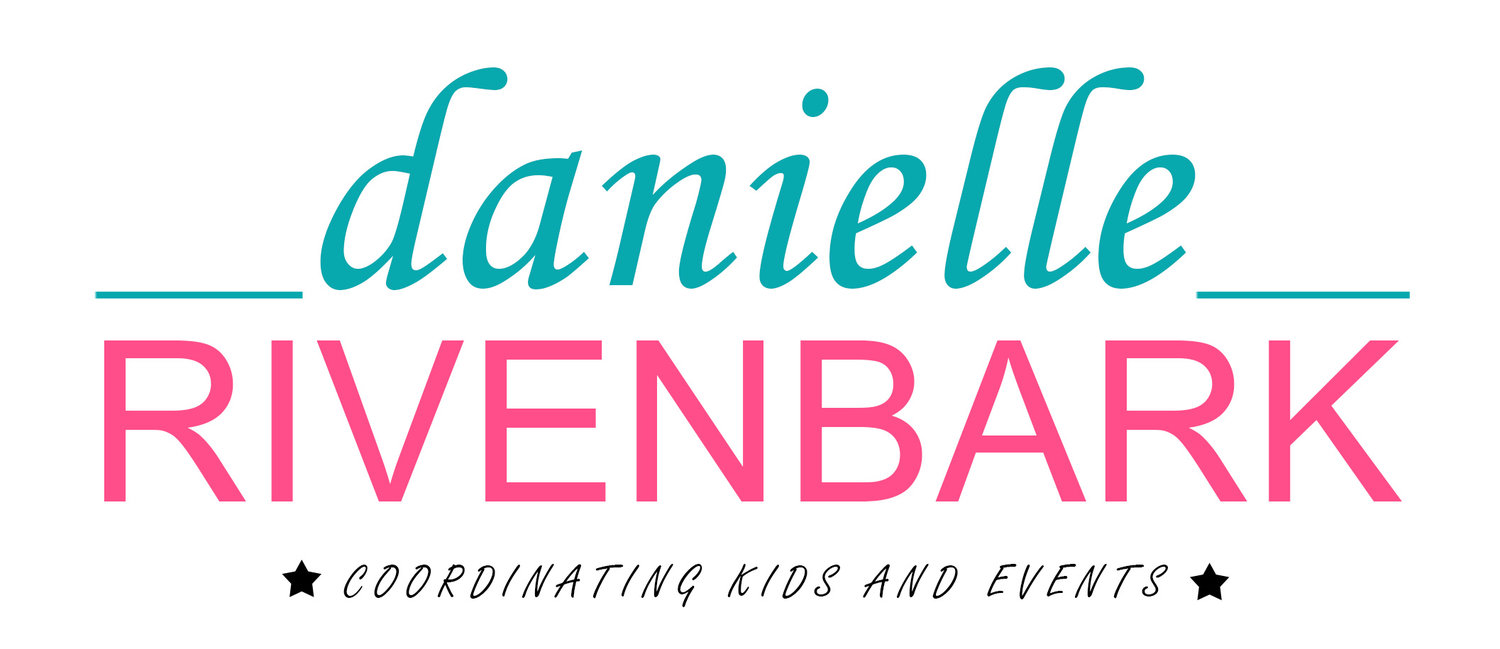Have you ever had a difficult time starting a conversation because the topic was difficult? Or you liked the person and felt emotionally vested and didn't want to hurt their feelings? How about a conflict with your supervisor, client, or vendor that was tough to handle? We've all had these situations arise at one point or another either at work or in our personal lives. If we were able to get through them gracefully it was a feat!
Why is this so scary? Likely because there are feelings flying around. I once had to tell someone that it was just business, nothing personal, but to them it was personal and that was hard.
Fortunately, I just sat through an amazing educational session at last week's SGMP National Education Conference. Shari Harley, author of How to Say Anything to Anyone, focused on being able to tell each other the truth in the workplace. I loved her no nonsense, straight to the point demeanor, and sense of humor (though I know these things are not actual feedback, I hope she takes the compliment).
As a general statement, she said that people don't often tell us expectations, they just assume that we know. Our first job is to review expectations and clearly communicate them to one another. This can also be applied in the events business. When I book a hotel for a meeting I have the expectation that I will receive a certain level of service. Yet, I don't think that many of us make this clear before we sign contracts, and maybe we should.
I'm currently working with a hotel that has been slow to send me BEO's or let me know that my room block is full or answer my questions. I'm getting nervous about this and it definitely isn't meeting my expectation, but I'm not sure the event manager knows. Thus, my next phone call has to be about what I expect and provide feedback on my experience thus far.
Often when try to provide feedback we are vague, which ultimately can be judgmental.
Here are some things that are not feedback:
Feedback conversations can be difficult, but Shari noted 8 steps to take:
For more tidbits from Shari you can visit her website: http://candidculture.com/
Let me know if you are able to more confidently have difficult conversations or maybe you'll be using this for your next feedback session!
Why is this so scary? Likely because there are feelings flying around. I once had to tell someone that it was just business, nothing personal, but to them it was personal and that was hard.
Fortunately, I just sat through an amazing educational session at last week's SGMP National Education Conference. Shari Harley, author of How to Say Anything to Anyone, focused on being able to tell each other the truth in the workplace. I loved her no nonsense, straight to the point demeanor, and sense of humor (though I know these things are not actual feedback, I hope she takes the compliment).
As a general statement, she said that people don't often tell us expectations, they just assume that we know. Our first job is to review expectations and clearly communicate them to one another. This can also be applied in the events business. When I book a hotel for a meeting I have the expectation that I will receive a certain level of service. Yet, I don't think that many of us make this clear before we sign contracts, and maybe we should.
I'm currently working with a hotel that has been slow to send me BEO's or let me know that my room block is full or answer my questions. I'm getting nervous about this and it definitely isn't meeting my expectation, but I'm not sure the event manager knows. Thus, my next phone call has to be about what I expect and provide feedback on my experience thus far.
Often when try to provide feedback we are vague, which ultimately can be judgmental.
Here are some things that are not feedback:
- Good
- Helpful
- Detail oriented
- Team player
- Inappropriate
- Bad attitude
- Unmotivated
- Condescending
Feedback conversations can be difficult, but Shari noted 8 steps to take:
- Introduce the conversation
- State your motive
- Describe the behavior
- State the impact of the behavior
- Ask the other person about his/her perception of the situation
- Make a suggestion or request (very specific)
- Build an agreement on next steps
- Say "thank you"
- Ask if we can have a conversation about the service I've been receiving.
- I will remind them I have an event coming up and I'm trying to make it as fantastic as possible.
- The responsiveness to my emails have taken longer than I expected, but I realize that I haven't set out a due date for responding to these emails, so I will have to take some responsibility for that.
- This behavior has caused me some concern about my event. I feel like I'm missing some key information.
- I will ask if they feel the same way or differently.
- I plan to suggest that I get a follow-up email within 24 hours, since my event is very near. At the very least acknowledging receipt of my email and an estimate about when I will get an answer to my question.
- Ask if this is reasonable and if they can agree.
- Thanks for being so understanding.
For more tidbits from Shari you can visit her website: http://candidculture.com/
Let me know if you are able to more confidently have difficult conversations or maybe you'll be using this for your next feedback session!
